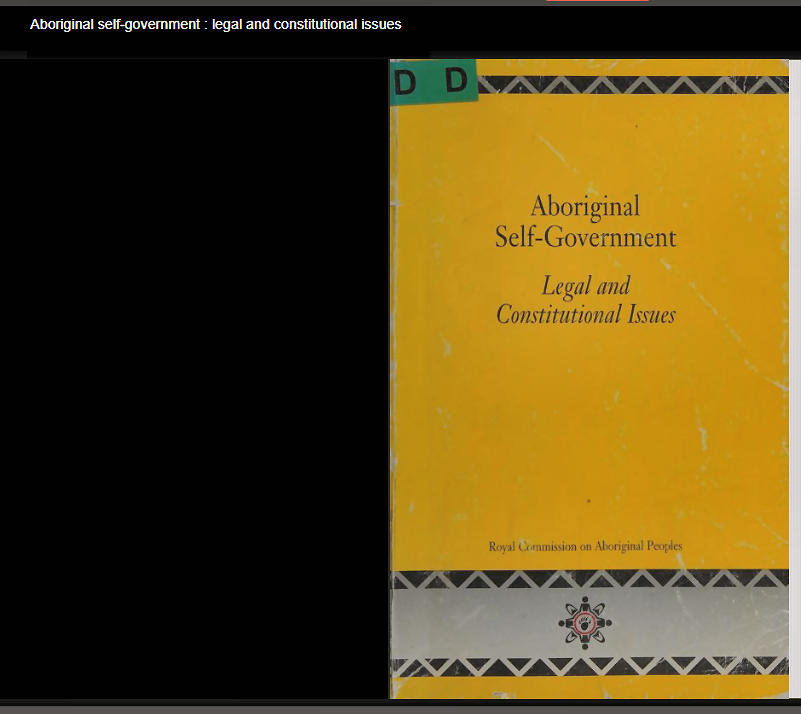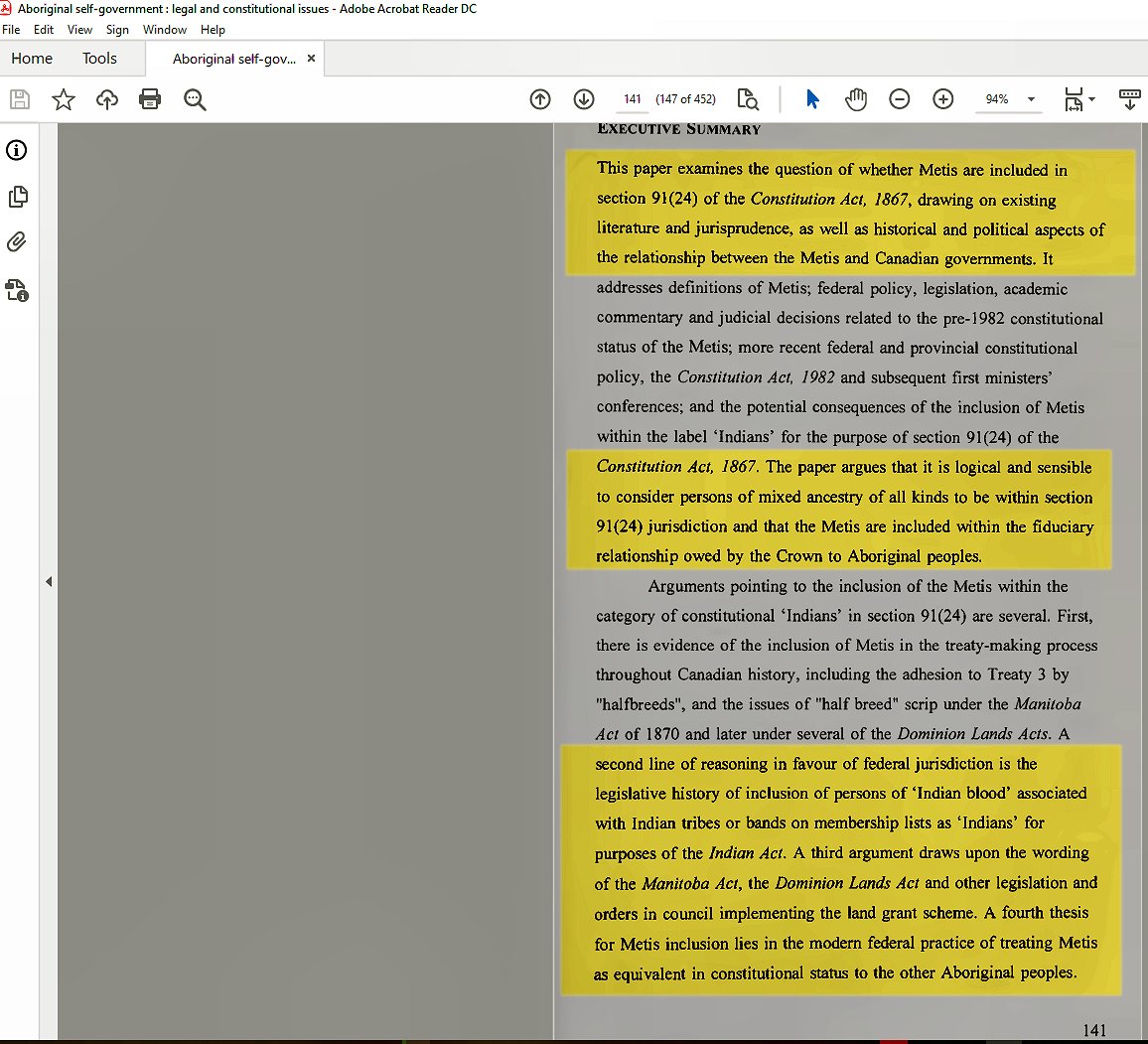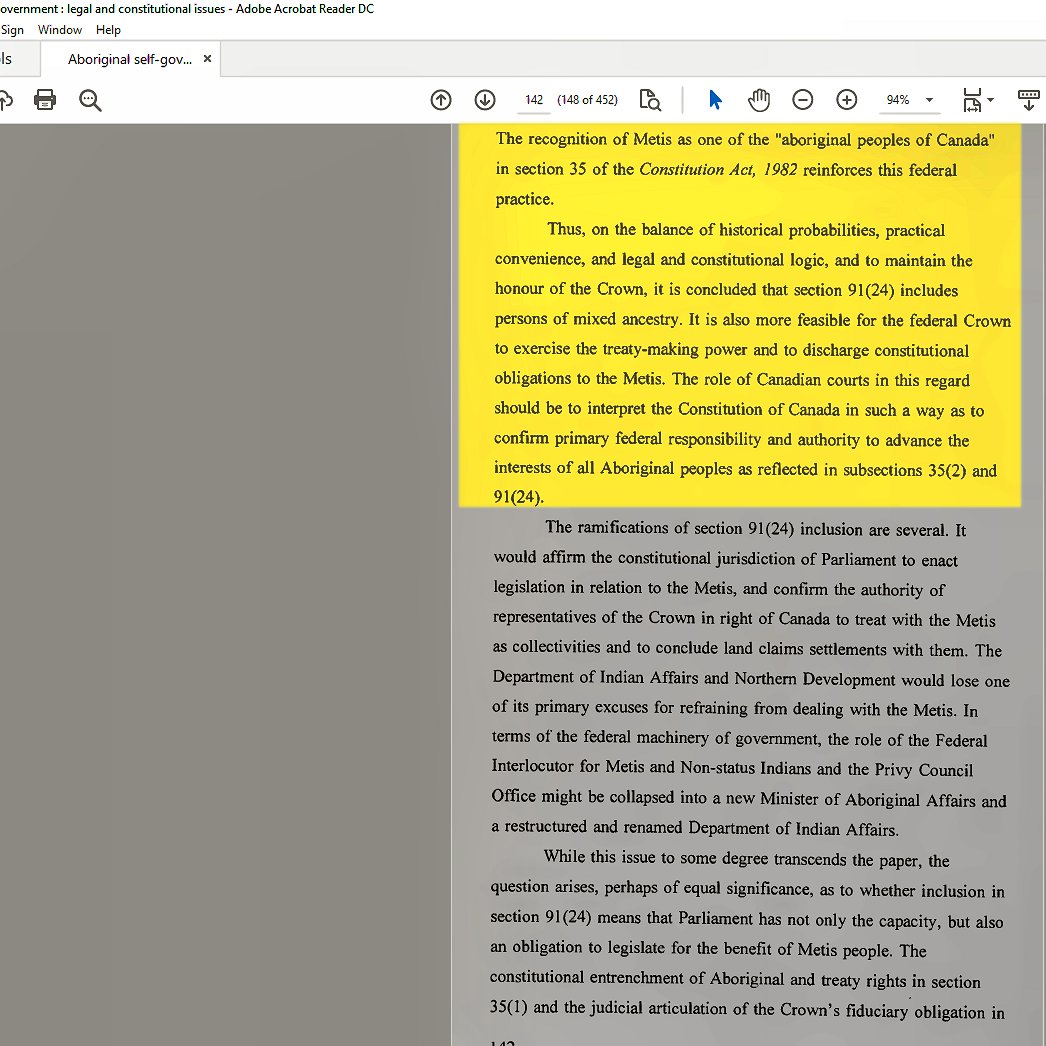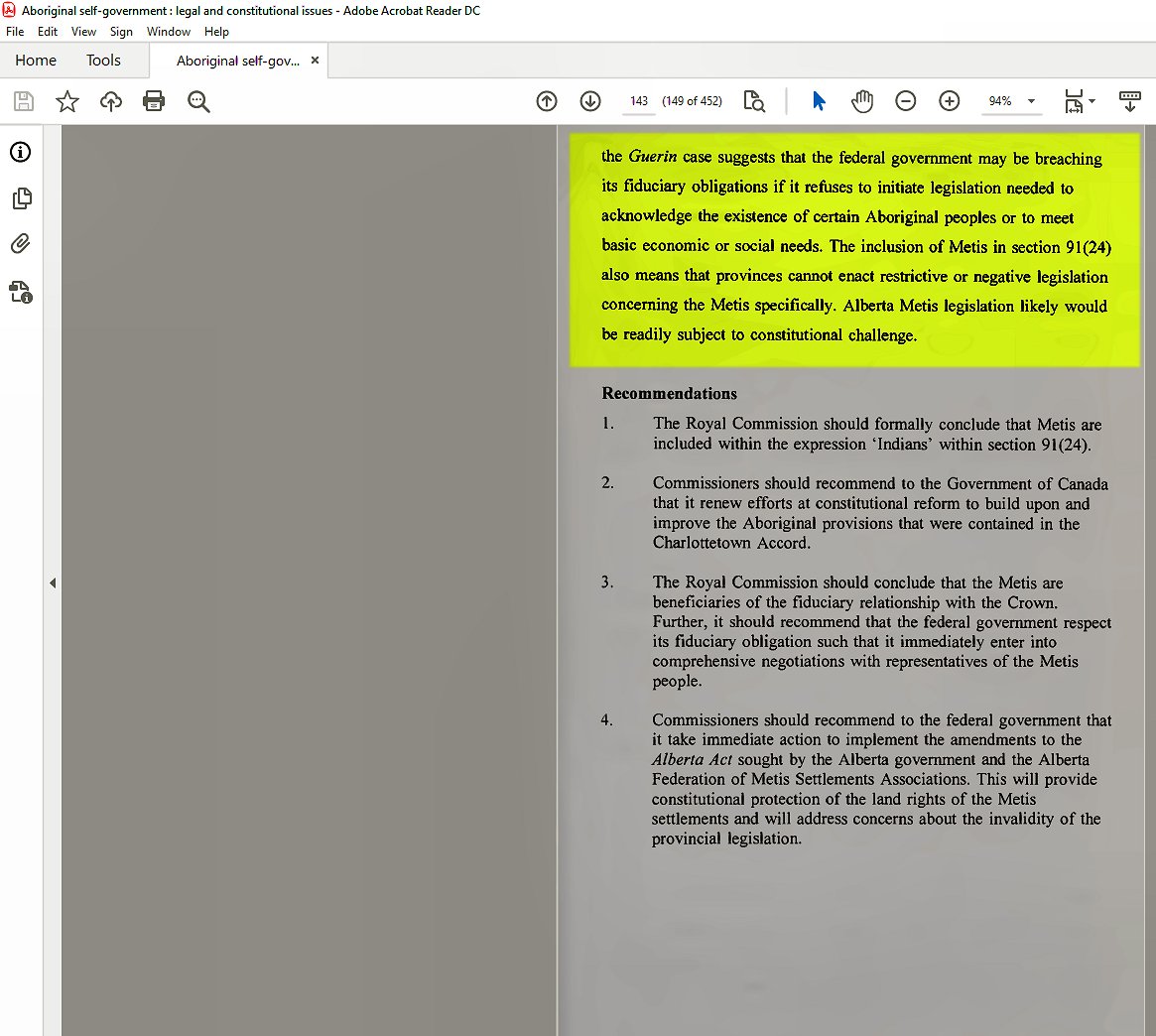1. Yes, @FareedZakaria's new book, Ten lessons From a Post-Pandemic World argues we don't need a big or small gov- we need a GOOD one.
We don't have that now & that is bc for decades now, the GOP has intentionally hallowed it out. Stripping it of funding under the auspice that
A party that is no longer just a danger to itself- its a danger to us all.
A party that was, if presented w a narrow victory & a workable pathway to
https://t.co/JW0CpKD8KE
More from Rachel "The Doc" Bitecofer 📈🔭🍌
1. SO MUCH more than that. What Barr & the GOP pulled off w the release of the Mueller Report was demonstrated mastery of the American media & the news cycle.
They manipulated both brilliantly.
The reason reporters are conditioned to report a stalled bill as "Congress failing
2. to pass a covid relief bill"- the norm of objectivity- has allowed the RNC/GOP/Trump to develop a system to manipulate the media into doing their dirty work. But never have we seen it orchestrated so deliberately & cleanly as it was to neutralize the Mueller Report. By his
3. "Letter to Congress" where he intentional mispresented the findings of the report on 2 crucial areas- the investigation's conclusions regarding the activities of the Trump campaign and Russia and whether or not the President's actions to damage/disrupt the investigation
4. constitutes obstruction of justice, Barr & the GOP team understood that if the report was released, the media would likely get out on its own this meaning: Trump campaign's contacts with Russia did not rise to criminal charges and that Trump can not be charges w obstruction
5. while being president. BUT, by sending out this letter that interprets the report for the media in advance (well in advance!) of the actual report- Barr can instead tell the media a different narrative, far more favorable to Trump. These, of course, go on to become the
They manipulated both brilliantly.
The reason reporters are conditioned to report a stalled bill as "Congress failing
Barr lied about the contents of the Mueller Report\u2019s findings to the public right out of the gate and repeatedly lied about them under oath.https://t.co/aul3Yjqno2
— Bill Pascrell, Jr. (@BillPascrell) December 14, 2020
2. to pass a covid relief bill"- the norm of objectivity- has allowed the RNC/GOP/Trump to develop a system to manipulate the media into doing their dirty work. But never have we seen it orchestrated so deliberately & cleanly as it was to neutralize the Mueller Report. By his
3. "Letter to Congress" where he intentional mispresented the findings of the report on 2 crucial areas- the investigation's conclusions regarding the activities of the Trump campaign and Russia and whether or not the President's actions to damage/disrupt the investigation
4. constitutes obstruction of justice, Barr & the GOP team understood that if the report was released, the media would likely get out on its own this meaning: Trump campaign's contacts with Russia did not rise to criminal charges and that Trump can not be charges w obstruction
5. while being president. BUT, by sending out this letter that interprets the report for the media in advance (well in advance!) of the actual report- Barr can instead tell the media a different narrative, far more favorable to Trump. These, of course, go on to become the
More from Book
Aboriginal self-government - legal and constitutional issues 1995 Ottawa, Canada- Royal Commission on Aboriginal Peoples #Metis

Aboriginal self-government - legal and constitutional issues 1995 Ottawa, Canada- Royal Commission on Aboriginal Peoples- pg141. - papers argues that it is logical and sensible to consider persons of mixed ancestry of all kinds to be within sec. 91(24) jurisdiction and that the

Metis are included within the fiduciary relationship owed by the crown to the Aboriginal peoples. (pg142) The recognition of Metis as one of the "aboriginal peoples of Canada" in section 35 of the Constitution Act 1982, reinforces this federal practice. "It is concluded that

sec 91(24) includes persons of mixed ancestry." pg143- "the Guerin case suggests that the federal gov. may be breaching its fiduciary obligations if it refuses to initiate legislation needed to acknowledge the existence of certain Aboriginal peoples or to meet basic economic

or social needs." https://t.co/90gG3LeCFC -
RELATED CASES AND POSTS
Guerin v. The Queen, [1984] 2 SCR 335

Aboriginal self-government - legal and constitutional issues 1995 Ottawa, Canada- Royal Commission on Aboriginal Peoples- pg141. - papers argues that it is logical and sensible to consider persons of mixed ancestry of all kinds to be within sec. 91(24) jurisdiction and that the

Metis are included within the fiduciary relationship owed by the crown to the Aboriginal peoples. (pg142) The recognition of Metis as one of the "aboriginal peoples of Canada" in section 35 of the Constitution Act 1982, reinforces this federal practice. "It is concluded that

sec 91(24) includes persons of mixed ancestry." pg143- "the Guerin case suggests that the federal gov. may be breaching its fiduciary obligations if it refuses to initiate legislation needed to acknowledge the existence of certain Aboriginal peoples or to meet basic economic

or social needs." https://t.co/90gG3LeCFC -
RELATED CASES AND POSTS
Guerin v. The Queen, [1984] 2 SCR 335
One can make an analysis of how many right wing groups published books before Modi in power and after Modi in power.
Would Akhilesh Mishra, Abhinav Prakash and many others have got a chance to write in an English daily before?
The VC of JNU, IIAS, Nehru center, RRML are all
Right wingers.
This, while some in our own fold were criticizing and backstabbing an excellent book (disagreeable in places) by Harsh Madhusudhan and Rajeev Mantri.
There have been at least 4 lit fests and think tanks developed by right wing in six years. Pondy and +
Mangalore are the prime of them.
There are more media channels and more anchors in neutral channels backing the government then those against in six years.
We have at least three big lawyers: Harish Salve, Mahesh Jethmalani and Mukul Rahotgi fighting cases. We have won
more legal battles than not and are able to get many things done that would look impossible just two years ago.
Yes, textbooks, deregulation, harrasment and cabalism of the left including tech suppression and killing spree of fascistic governments remain and everything is not
a bed of roses. But what was a bed of roses for the opposition is not a bed of roses for them too.
Udhav would have loved to see Republic closed. It hasn't.. Mamata would love to have killed the whose who in BJP - Not possible.. She would not like big wigs of TMC join BJP - Not
Would Akhilesh Mishra, Abhinav Prakash and many others have got a chance to write in an English daily before?
The VC of JNU, IIAS, Nehru center, RRML are all
Every time I read @NAN_DINI_ ji's writings, I'm reminded that while juvenile writers like Twinkle Khanna and Saggy Ghose are published by MSM, talent like this is restricted to personal blogs. Will this ever be remedied? https://t.co/1oAO7I4i6G
— \u0926\u093f\u0935\u094d\u092f\u093e (@divya_16_) December 9, 2020
Right wingers.
This, while some in our own fold were criticizing and backstabbing an excellent book (disagreeable in places) by Harsh Madhusudhan and Rajeev Mantri.
There have been at least 4 lit fests and think tanks developed by right wing in six years. Pondy and +
Mangalore are the prime of them.
There are more media channels and more anchors in neutral channels backing the government then those against in six years.
We have at least three big lawyers: Harish Salve, Mahesh Jethmalani and Mukul Rahotgi fighting cases. We have won
more legal battles than not and are able to get many things done that would look impossible just two years ago.
Yes, textbooks, deregulation, harrasment and cabalism of the left including tech suppression and killing spree of fascistic governments remain and everything is not
a bed of roses. But what was a bed of roses for the opposition is not a bed of roses for them too.
Udhav would have loved to see Republic closed. It hasn't.. Mamata would love to have killed the whose who in BJP - Not possible.. She would not like big wigs of TMC join BJP - Not
You May Also Like
So it's now October 10, 2018 and....Rod Rosenstein is STILL not fired.
He's STILL in charge of the Mueller investigation.
He's STILL refusing to hand over the McCabe memos.
He's STILL holding up the declassification of the #SpyGate documents & their release to the public.
I love a good cover story.......
The guy had a face-to-face with El Grande Trumpo himself on Air Force One just 2 days ago. Inside just about the most secure SCIF in the world.
And Trump came out of AF1 and gave ol' Rod a big thumbs up!
And so we're right back to 'that dirty rat Rosenstein!' 2 days later.
At this point it's clear some members of Congress are either in on this and helping the cover story or they haven't got a clue and are out in the cold.
Note the conflicting stories about 'Rosenstein cancelled meeting with Congress on Oct 11!"
First, rumors surfaced of a scheduled meeting on Oct. 11 between Rosenstein & members of Congress, and Rosenstein just cancelled it.
He's STILL in charge of the Mueller investigation.
He's STILL refusing to hand over the McCabe memos.
He's STILL holding up the declassification of the #SpyGate documents & their release to the public.
I love a good cover story.......
The guy had a face-to-face with El Grande Trumpo himself on Air Force One just 2 days ago. Inside just about the most secure SCIF in the world.
And Trump came out of AF1 and gave ol' Rod a big thumbs up!
And so we're right back to 'that dirty rat Rosenstein!' 2 days later.
At this point it's clear some members of Congress are either in on this and helping the cover story or they haven't got a clue and are out in the cold.
Note the conflicting stories about 'Rosenstein cancelled meeting with Congress on Oct 11!"
First, rumors surfaced of a scheduled meeting on Oct. 11 between Rosenstein & members of Congress, and Rosenstein just cancelled it.
Rep. Andy Biggs and Rep. Matt Gaetz say DAG Rod Rosenstein cancelled an Oct. 11 appearance before the judiciary and oversight committees. They are now calling for a subpoena. pic.twitter.com/TknVHKjXtd
— Ivan Pentchoukov \U0001f1fa\U0001f1f8 (@IvanPentchoukov) October 10, 2018


























